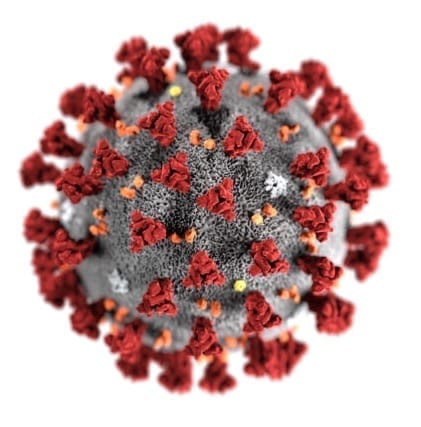NASHVILLE, TN — State health officials tracked potential coronavirus patients in January. Now: with thousands of infected Tennesseans, contact tracing has been distressingly late; and, reportedly, automation offers a speedy lifeboat.
Google and Apple want to help reduce the spread of coronavirus by using Bluetooth to detect and report social distancing for people who permit location information, the tech-giants said April 10. In May, they’ll release software to support tracking.
While more manpower is on the horizon, traditional tracking methods are said to be slow.
“The health department contacted me to notify me about a patient who’d been exposed to someone who had symptoms,” a primary care provider said recently. “They could not tell me whether they were positive or not, and … the exposure was 14 days [earlier] so they’re, basically, clear.”
Contacted during the week of April Fools’ Day by a health official, “Leslie,” a gender neutral pseudonym, said, “It sounded like they didn’t have test results.” So, officials were obliged to find those who were in contact with patients displaying symptoms.
The anonymous medical professional is among other sources substantiating similar experiences. Some doctors asked to inform the public either didn’t respond to inquiries, or refused to say anything. Medical workers in four states were reprimanded for describing working conditions on-line, The New York Times reports. Prohibitions against talking with reporters exist.
There’s no stigma associated with Covid-19 as with sexually transmitted diseases. Intimate partners of STD patients are tracked, contacted and warned.
Leslie’s patient had no symptoms which would’ve appeared before notification, the college-educated medical professional said. The government caller couldn’t describe the contact. Leslie’s patient didn’t know what kind of contact she had with that person who’d displayed symptoms. Leslie is distressed that it took so long for health officials to call.
“Public health staff…” State Health Department Communications & Media Relations Director Shelley Walker said, “at the state and local level, do the contact tracing.
“We are working to train additional staff members to do this work,” Walker said April 9.
Interviews for contact tracing “are extensive … to learn about each person’s activities and interactions to identify others with whom the patient may have been in close contact during a period when he or she may have been infectious,” Walker said. “A close contact is defined as someone who is within six feet of an ill individual for more than a few minutes …”
She added, “People may have had an interaction with an ill person, but it may not meet those criteria to be a ‘close’ contact … ”
Gov. Bill Lee’s interim press secretary, Gillum Ferguson, on April 8, said, “Tracking started prior to our first case as we were receiving traveler notifications from China in January. Contact tracing is ongoing. Public health jurisdictions with large numbers are prioritizing case investigation and contact tracing and follow up.”
Other college-educated medical professionals say they’ve not heard of calls to other medical professionals, or people who’d had close contact with an infected person.
State Rep. Mike Stewart of Nashville recently said Gov. Lee should have a plan for state-wide tracking of the coronavirus to get covid-19 under control.
Walker says, “We interview each confirmed case.”
Contact tracing starts with that information.
“There currently are not any formal job openings for contact tracing in Tennessee,” she said. Tracing calls “are handled by public health staff members at both the county and state levels.”
Stewart says Gov. Charlie Baker (R-Mass.) is working with a not-for-profit group to put hundreds of contact tracers into communities to interview potentially exposed people to contain infections. “South Korea, Iceland and other nations that have successfully controlled outbreaks have used extensive contact tracing to carefully track the potentially exposed individuals.”
Since Stewart’s announcement and subsequent to state officials’ statements shortly before Easter, Tennessee announced nearly 63,000 tests had been conducted, of which more than 5,000 were positive. Also since then, there have been fewer new cases reported.


